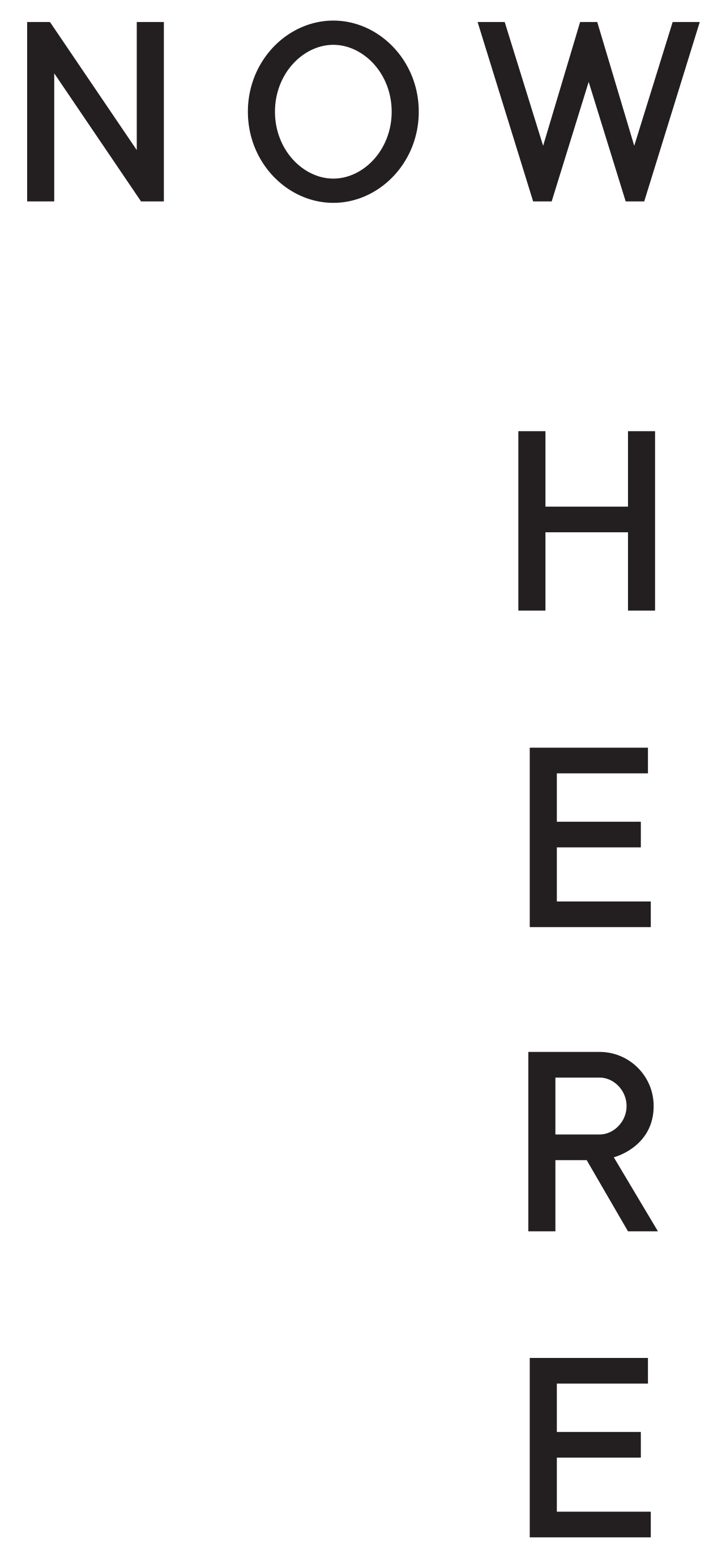TOP | EXHIBITION VIEW | INTERVIEW | ABOUT
HOME > EXHIBITIONS > SHOHEI KONDO
Shohei Kondo
NEW DARUMA
November 4th – December 5th, 2021
Opening Reception:
Thursday, November 4th, 6 – 8pm
In his art’s linkage of pro wrestling and Zen Buddhism, in finding an echo of the ancient Zen master Daruma in the wrestler King Kong Bundy, Shohei Kondo brings to life his belief that the core of Zen is optimism. He refers to the classic Zen parable of the Ten-Bulls, a group of poems and drawings that depict the path of enlightenment and, more importantly, the act of the enlightened relating what they know to the seekers who wish to learn from them. In the Ten-Bulls story, an ox herder tracks and captures a bull, then brings it home, then later drunkenly tells others of his adventure. This idea of taking joy in the telling even though he knows that all is emptiness directly relates to Kondo’s conception of pro wrestling, where the performers are wrapping their fictionalized show in the trappings of the real. To continue the performance—to continue living—in the face of nothingness can surely be called optimistic.
EXHIBITION VIEW









new daruma I, 2021, oil on canvas, 56x78
new daruma II, 2021, oil on canvas, 71x47
new daruma III, 2021, oil on canvas, 24x24
untilted (catching), 2021, oil on canvas, 36x25
untilted (meditation), 2021, oil on canvas, 18x28
untilted (going home), 2021, oil on canvas, 36x25
untilted (meditation), 2021, oil on canvas, 18x28
untilted (meditation II), 2021, oil on canvas, 24x21
untitled (bundy), 2021, oil on canvas, 16x12
untitled (a half length portrait daruma), 2021, oil on canvas, 48x32
untitled (daruma me), 2021, oil on canvas, 60x50
untitled (bundy II), oil on canvas, 16x12
untitled (reaching the source), 2021, oil on canvas, 30x22
untitled (henohenomoheji), 2021, oil on canvas, 18x28
untitled (an apple tree), 2018, graphite on paper 14x11.5
untitled (an apple tree), 2018, graphite on paper 14x11.5
untitled (gold dust II), 2017, ink on paper, 14x11.5
untitled (john and yoko), 2017, ink on paper, 14x11.5
untitled (meditation III), ink on canvas, 13.5x10.5
INTERVIEW
Love letters I’ll never send
— An interview with Shohei Kondo
Your work takes inspiration from Zen Buddhism. What is your own spiritual background?
I went to a meditation school at a temple starting in kindergarten for three years.
Interesting! What kind of a student were you?
Well, I was—and still am—a huge fan of kung-fu movies. So I was really motivated by the idea of a “practice.” I meditated more than any of the other students at my school. If you see group photos from that time, I was meditating while other students were just smiling or throwing peace signs.
Do you have a spiritual practice today?
Yes, I still meditate and it’s very important to me.
The other major inspiration for your work in this exhibition is professional wrestling. What are your earliest memories of seeing it, and who have been some of your favorite wrestlers?
There were a lot of Japanese comedians who would impersonate pro wrestlers, so I grew up watching them and not necessarily watching real pro wrestling. But there was this one day in college when I watched some Shinsuke Nakamura interviews on YouTube. After that I understood the idea of pro wrestling immediately; why people love it and why comedians like doing impersonations of pro wrestlers. So, I’m new here. My favorite wrestlers at the moment are Shinsuke Nakamura, Great Muta, and King Kong Bundy!
What are your feelings about King Kong Bundy after having spent such time and care depicting him? In a way, you know him very intimately now.
Just as the Zen monks during the Edo period had never met Daruma and had no idea who he actually was, I can only imagine who King Kong Bundy was from old footage and sources on the internet. While working on this series, I developed a personal way of seeing him and the resulting works became kind of like love letters I’ll never send.
The ten-bulls format, these comics that illustrate the teachings of Zen, remind me of koans in their tricky simplicity. Do you believe it's possible to find enlightenment through these means, which are so much fun?
Yes, absolutely. But it depends how much of a “sub” you are. Zen practice is a kind of self-torture. It is a process of gaining something after losing something. Sometimes that happens naturally, but sometimes you need to do it by yourself. I think enjoying this process is a celebration of humanity!
ABOUT
Shohei Kondo
https://shoheikondo.com
Shohei Kondo
Born 1986, Hyogo, Japan
Lives and works in New York
Shohei Kondo is a conceptual artist whose work explores Zen through the lens of pop culture via both an Eastern and Western perspective. Kondo, who studied meditation as a child, views his work as a metaphor for the Zen principle that all topics are equally important or equally meaningless. He has continued meditation throughout his life and explores the acceptance of one’s imperfections and the pursuit of Zen through his artistic practice.
CV
Solo Exhibitions
2019 Bishop x Kondo Bishop Collective, New York, NY
2012 Amakei-Exhibition Hyogo, JP
Group Exhibitions
2020 Category Is… Artsy.com
2019 Satellite Art Show Miami, FL
2019 Body Beautiful Untitled Space, New York, NY
2019 Bishop x Kondo Bishop Collective, New York, NY
2019 Dichotomy of Desire Chinatown Soup, New York, NY
2019 Inter-Space Dialogue Bernini, Hang Zhou, China
2018 Tactics, Works, Terms, Forms, Statements SVA Thesis Show, New York, NY
2018 Art-Letter Home China Academy of Art CAA Museum, Hang Zhou, China
2017 Ahhhhhhhhhhhhh SpaceHeater, Brooklyn, NY
2017 Beyond Optics SVA Chelsea Gallery, New York, NY
2012 Torano-Ana Hyogo, JP
Performance
2018 371 Broadway, New York, NY
Education
2018 MFA Fine Art at School of Visual Arts
2009 Bachelor of Media Contents, Takaraduka University of Arts
Relative Contents
Shop
Shohei Kondo
Exhibition "NEW DARUMA" Poster
$15.00
Exhibitions
Eight Japanese Artists
Eight Japanese Artists
Jan 14 - Feb 6, 2022























